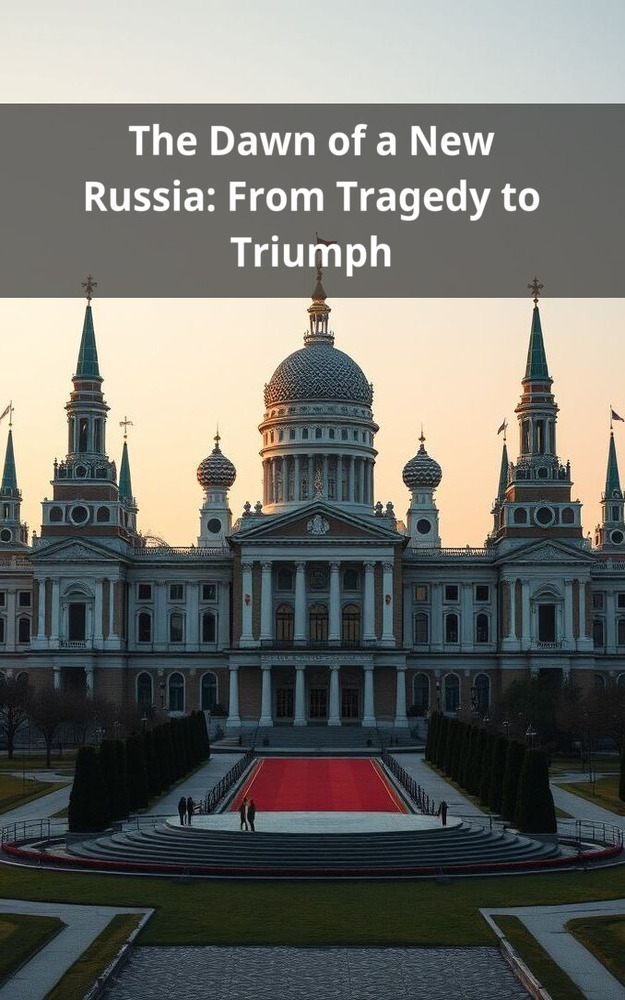Description
The book begins by examining the collapse of the Soviet Union and the challenges that Russia faced in the early 1990s. The government struggled to implement reforms, and the country’s economy went into a deep recession. Hyperinflation eroded the value of savings, and many people lost their jobs. Crime and corruption became rampant, and the government seemed unable to control the situation.
Despite the challenges, Russians gradually began to rebuild their lives. New businesses were created, and the economy slowly began to recover. A new middle class emerged, and Russians began to enjoy greater freedom and opportunity than they had under Soviet rule.
However, Russia’s transition to democracy was not without its setbacks. In the late 1990s, the country experienced a financial crisis that led to the collapse of the ruble. The government was forced to impose austerity measures, which caused widespread hardship.
In 2000, Vladimir Putin was elected president. Putin promised to restore order and stability to Russia. He cracked down on crime and corruption, and he implemented a series of economic reforms that helped to boost the economy. Under Putin’s leadership, Russia’s economy grew rapidly, and the country’s international standing improved.
However, Putin’s rule was also marked by increasing authoritarianism. He suppressed dissent and consolidated his power. He also pursued an aggressive foreign policy, which led to tensions with the West.
In recent years, Russia has faced a number of challenges, including the annexation of Crimea, the war in eastern Ukraine, and the imposition of economic sanctions by the West. The country’s economy has been struggling, and its relations with the West are at their lowest point since the Cold War.
Despite the challenges, Russia remains a major player on the world stage. It is a nuclear power with a large and well-equipped military. It is also a major producer of oil and gas, and it has a significant influence on the global economy.
This book provides a comprehensive and insightful analysis of Russia’s post-Soviet history. It is essential reading for anyone who wants to understand the challenges and opportunities facing Russia today.
If you like this book, write a review!
Language : English
Dimensions : 6 x 9 inches
Pages : 173 pages
Pasquale De Marco stands as a prolific author whose literary prowess knows no bounds. With a passion for storytelling that transcends genres, he has made a name for himself as a versatile writer with the extraordinary ability to captivate readers across diverse literary landscapes. His journey as an author is marked by an insatiable curiosity, a love for the written word, and a relentless commitment to sharing knowledge and experiences with the world.
Pasquale De Marco collaborates with a dedicated team of ghostreaders who assist him in evaluating and editing the manuscripts. His collaborators are not only skilled professionals but also avid readers who purchase and read books as a personal hobby. This unique blend of creativity allows Pasquale to push the boundaries of traditional publishing, making literature more accessible and diverse.






Reviews
There are no reviews yet